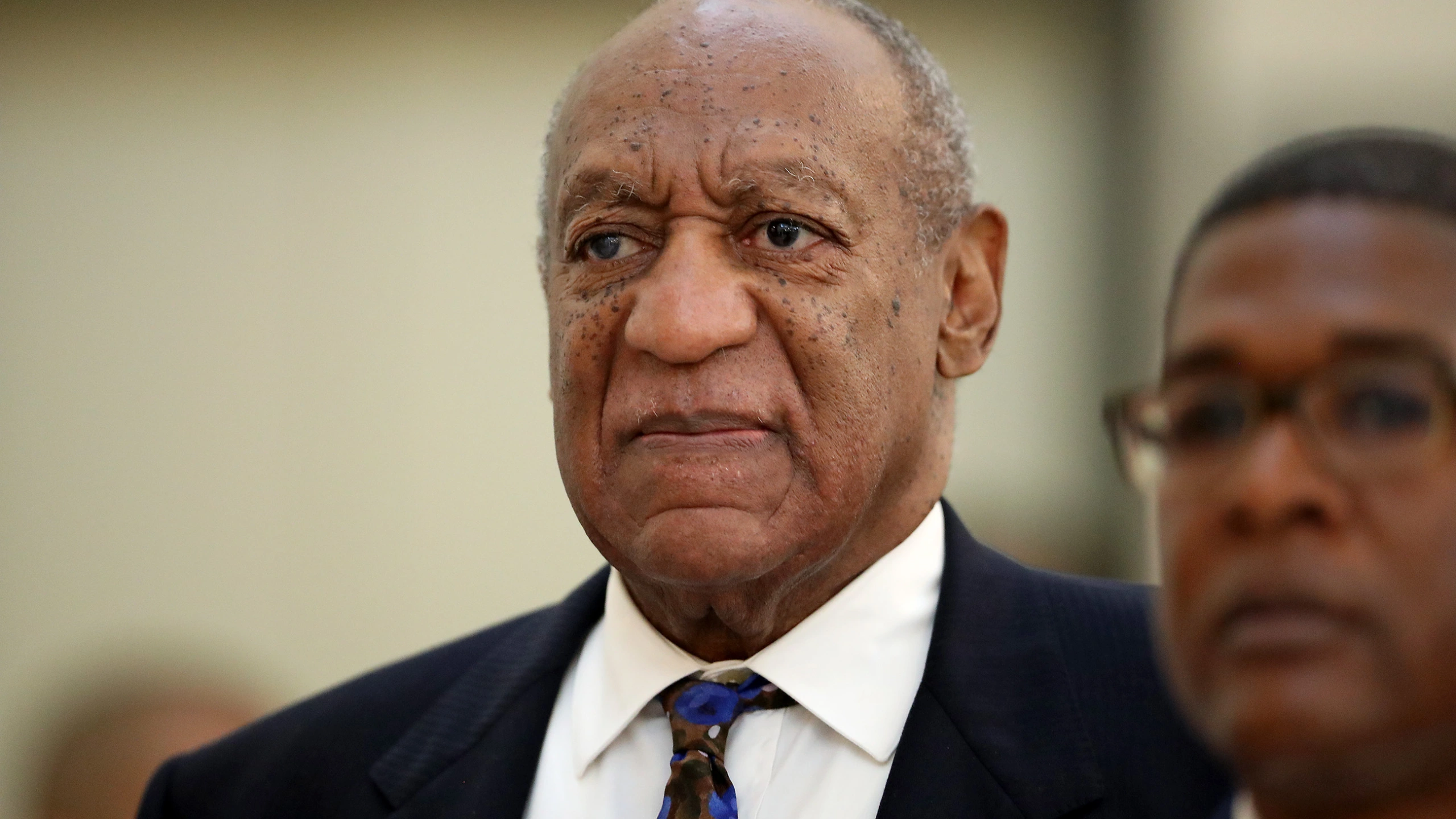On March 7, the U.S. Supreme Court declined to review the sexual assault case against 84-year-old Bill Cosby, ending 20 years of legal battles and leaving Cosby a free man.
According to the Associated Press, Cosby’s 2018 conviction was overturned by the Pennsylvania High Court, and he was released from prison on June 30, 2021. The High Court made the decision based on testimony by a former prosecutor that he made a secret promise in 2005 not to file criminal charges against Cosby.
The former prosecutor, Bruce L. Castor Jr., had no written proof of the immunity agreement and did not disclose the agreement to anyone else in the District Attorney’s Office. Cosby’s lawyer, who made the deal with the former prosecutor, has since died.
According to Yahoo News, Castor refused to prosecute Cosby’s case in 2005 due to a lack of evidence and promised him immunity if he answered questions in a confidential deposition for a civil case. However, the deposition was later used by Montgomery County District Attorney Kevin Steele, the prosecutor who won Cosby’s criminal conviction in 2018.
Cosby answered the questions in the confidential deposition in 2006. He described his relations with females, some of them teenagers, and admitted that he gave them pills or alcohol.
Andrea Constand was one of those females. Cosby said that in 2004 he gave her three pills because she was stressed, which in turn made her slip in and out of consciousness.
“I don’t hear her say anything. And I don’t feel her say anything. And so I continue and I go into the area that is somewhere between permission and rejection. I am not stopped,” Cosby said.
When the deposition was revealed, Cosby was convicted in 2018 on three felony counts of aggravated indecent assault. He was sentenced to ten years in prison, and served three before being released.
The Pennsylvania High Court stated that Cosby’s conviction was “unfair due to failure to uphold what amounted to an immunity deal” and referred to the situation as a “violation of his due process rights.”
Andrew Wyatt, a spokesperson for Cosby, said, “This is truly a victory for Mr. Cosby, but it shows that cheating will never get you far in life and the corruption that lies within Montgomery County District’s Attorney Office has been brought to the center stage of the world.”
Wyatt thanked the High Court in a statement for “following the rules of law and protecting the Constitutional Rights of ALL American citizens.”
Steele appealed to the Supreme Court to review the case and reinstate Cosby’s conviction after his release from prison last summer.
“A secret agreement that permits a wealthy defendant to buy his way out of a criminal case isn’t right,” Steele expressed.
Constand’s attorneys, Bebe H. Kivitz and Dolores M. Troiani, said in a statement that the decision was an “unfortunate outcome for everyone, especially sexual assault survivors.” They also mentioned the alleged agreement was “vigorously disputed in the [court’s] Habeas proceedings, and determined by the trial judge not to exist.”
Constand posted on Twitter, “We are now working to close the legal loopholes that predators and others in powerful positions use to hide the truth and divide us. Today, we stand together; we are fiercely committed to seeing real change. We will continue our fight to change laws and to create an environment to empower survivors of sexual abuse.”
More than sixty women have accused Cosby of sexual assault, groping, or rape.
An attorney for three of them, Lisa Bloom, said, “Today’s ruling says more about our legal system’s utter inability to deliver justice to victims than it does about Bill Cosby, who has not been exonerated and never will be. He was released simply because a friendly prosecutor years ago didn’t have the courage Cosby’s victims had, to prosecute him.”
The Supreme Court has not commented on why it declined to review Cosby’s case.






